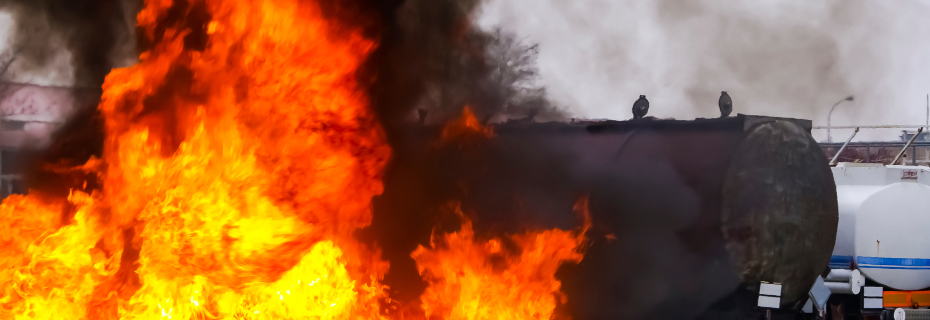
Ready to discuss your situation with an experienced Houston plant and refinery explosion attorney? Contact Fibich, Leebron, Copeland & Briggs today for your free, no-obligation initial case review.


Plant and refinery explosion accidents can occur in a variety of contexts due to the complex and hazardous nature of the work involved. Common types of explosion accidents that occur in these environments include the following:
Plant and refinery explosions are associated with a range of severe injuries due to the hazardous materials and high-pressure equipment often found in these environments. Common injuries that occur in these devastating incidents include:
If you get hurt in a plant or refinery explosion in Texas, you should contact a Houston personal injury lawyer to protect your rights and well-being.
First and foremost, seek medical attention immediately so a professional can diagnose, treat, and document your condition. Following that, give your employer a written report of the incident as soon as possible and keep a copy for your records. If you fail to notify your employer of a work-related injury within 30 days, you could lose your right to claim workers’ comp benefits, if your employer provides them.
In addition to notifying your employer, you’ll need to file a workers’ compensation claim with the Division of Workers’ Compensation at the Texas Department of Insurance. You must file your claim within one year of the date of the injury or risk losing the benefits you are owed.
It is also highly advisable to consult a Houston attorney with extensive experience handling workplace injury cases. Your lawyer can identify and adhere to relevant filing requirements, develop strong evidence supporting your claim, and pursue maximum compensation for your losses.
When it comes to plant or refinery explosions, identifying who is liable can be a complex process due to the complicated nature of the work and the many different entities involved. Parties that could be held liable for such an accident in Texas include the following:
If you get hurt in a plant or refinery explosion accident, you could be entitled to compensation from various sources to account for your injuries and related losses. Depending on the situation, you could claim money from a workers’ compensation claim or a third-party work injury claim.
If you are entitled to workers’ comp benefits in Texas, you could receive two key types of benefits: medical benefits and income benefits. Medical benefits cover your reasonable and necessary medical expenses after a work injury, and income benefits replace a portion of lost income if you’re too hurt to work. There are four main types of income benefits available in Texas:
You could be entitled to compensation from a third-party work injury claim if a third party (someone other than your employer or co-worker) caused the incident. You must prove liability to recover money from a third-party injury claim, but a successful third-party claim could cover a wider range of losses, including the following:
Building a robust plant or refinery explosion accident claim often requires compiling a range of supporting evidence, which could include:
From the moment you come to Fibich, Leebron, Copeland & Briggs for help after a plant or refinery explosion in Houston, we can provide the comprehensive support you need by: